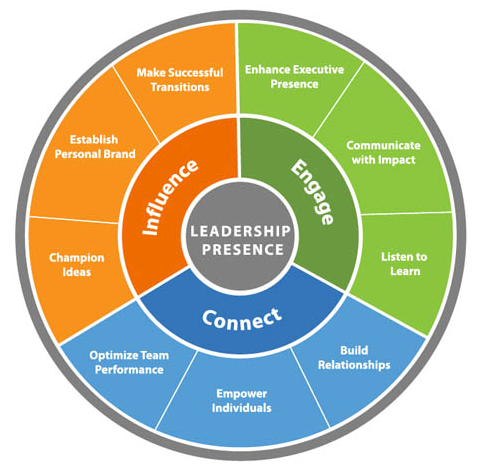Leadership and executive coaching have become increasingly popular in recent years as organizations recognize the importance of effective leadership in achieving their goals. In this article, we will explore what leadership and executive coaching are, why they are valuable, and how they can contribute to personal and organizational success.
What is Leadership Coaching?
Leadership coaching is a process that aims to enhance leadership skills and abilities. It involves working closely with a professional coach who assists individuals in identifying their strengths and areas for improvement. The coach provides guidance, feedback, and support to help leaders achieve their full potential.
Benefits of Leadership Coaching
Leadership coaching offers several benefits for individuals and organizations. It helps leaders develop self-awareness, a crucial skill for effective leadership. Through coaching, leaders can better understand their strengths and weaknesses, allowing them to capitalize on their strengths and address areas for improvement.
Coaching also enhances communication and interpersonal skills. It helps leaders become better listeners, communicators, and collaborators, enabling them to build strong relationships with their teams and stakeholders. With improved communication skills, leaders can effectively convey their vision, motivate their teams, and drive performance.
Additionally, leadership coaching fosters strategic thinking and decision-making abilities. Coaches can assist leaders in exploring different perspectives, challenging assumptions, and making informed decisions to achieve organizational objectives. By developing these skills, leaders can effectively navigate complex challenges and seize opportunities.
The Role of Executive Coaching
Executive coaching focuses specifically on top-level executives and senior leaders within organizations. It aims to enhance their leadership capabilities and help them overcome unique challenges associated with their roles.
Executive coaching provides a confidential and supportive environment where executives can discuss their concerns, explore opportunities, and gain valuable insights from an experienced coach. It assists executives in developing leadership presence, influence, and strategic thinking skills, enabling them to lead with confidence and inspire their teams.
Why Leadership and Executive Coaching Matter
Leadership and executive coaching play a vital role in today’s fast-paced and ever-changing business landscape. They are crucial for developing agile leaders who can adapt to new challenges and drive organizational success. Here are several reasons why investing in coaching is essential:
1. Leadership Development:
Coaching helps leaders embrace a growth mindset and continually develop their skills. It enables them to stay ahead of industry trends, cultivate innovation, and lead with agility.
2. Talent Retention:
Investing in leadership and executive coaching demonstrates a commitment to employee development. It increases employee satisfaction, engagement, and loyalty, leading to better talent retention within the organization.
3. Succession Planning:
Coaching prepares potential future leaders by identifying and nurturing their leadership capabilities. It ensures a smooth transition of leadership roles and minimizes disruption during succession planning.
4. Enhanced Performance:
Coaching focuses on enhancing individual and team performance. Through personalized coaching sessions, leaders can identify and overcome performance barriers, enabling them to reach their full potential.
5. Improved Organizational Culture:
Leadership coaching contributes to creating a positive and empowering organizational culture. It fosters open communication, collaboration, and trust, resulting in increased productivity and employee satisfaction.
Conclusion
Leadership and executive coaching are powerful tools for personal and organizational growth. They help leaders develop self-awareness, enhance their communication and decision-making skills, and navigate complex challenges with confidence. By investing in coaching, organizations can foster a strong leadership pipeline, improve performance, and create a culture of continuous learning and development.

